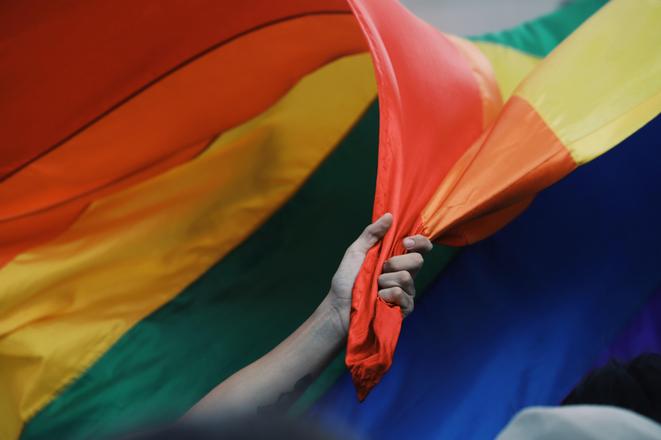The new definition of the word láska (love) in the Dictionary of the Contemporary Slovak Language no longer mentions opposite sexes, thus reflecting the reality of how people use the word.
The Ľudovít Štúr Institute of Linguistics of the Slovak Academy of Sciences proposed to change the former definition "affection of one sex to another, romantic feeling" to "strong affection for a person based on physical, mental, and emotional attraction, romantic feeling".
The institute's lexicographer BRONISLAVA CHOCHOLOVÁ and sociolinguist LUCIA MOLNÁR SATINSKÁ talk about why the change took place in the week after the terrorist attack on the Zámocká Street leaving two LGBT+ people dead and what impact the new definition may have on the society.
The last time the definition of love was processed was in 2011. Why was the romantic meaning not defined already at the time in the way it did not specify an affection between opposite sexes?
Chocholová: The previous definition of the word love is not wrong, it is only narrow and does not fully reflect the linguistic reality. In this version, the definition had been processed in older dictionaries, which we work with when creating new definitions and which we are influenced by. When editing passwords before printing, we mainly focus on shortcomings and errors in the text, and since there was no misinterpretaion in the case of the word love, the narrow version remained in the 2011 dictionary.
Since when did you know that the definition would have to be changed?
Chocholová: For several years. Shortly after the publication of the 2011 dictionary we found out that the definition of the word love does not reflect the meaning in its entirety. For example, in the latest volume of the dictionary the word to love was already defined more broadly as "to have romantic feelings for someone".
What does it mean that the definition did not reflect the linguistic reality?
Chocholová: The definition of a word in the dictionary depends on how the word is used in the language. Large text corpora and search lexicographic tools help us in this regard. Thanks to them, we can find out how often and in which texts a word occurs. Based on this, we can describe the meaning of words.
Suppose we were a very conservative country and romantic love was only used to reference a relationship between a man and a woman, would you change the definition?


